CCUS in action: Insights from four real-world case studies
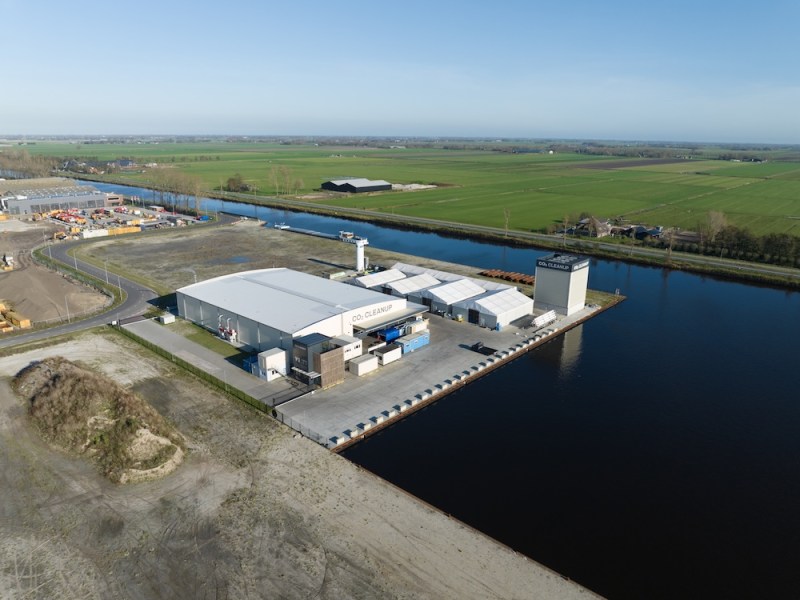
Technical progress in CCUS is moving fast, and so is the complexity of real-world implementation. These four presentations from the EAGE’s E-Lectures library showcase practical solutions to key challenges in CO2 storage site characterisation, monitoring, and full-chain CCS development. Each case offers field-tested methods that can inform and enhance your own project work, whether in […]
DNV launches CCUS certification service
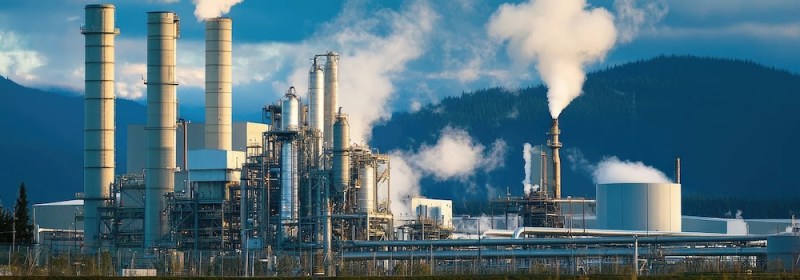
DNV has launched a service specification for the verification and certification of carbon capture, utilisation, and storage (CCUS) facilities. DNV-SE-0696 provides a structured methodology to derisk CCUS projects across design, construction, and operation, said DNV. With CCS projected to grow from 41 MtCO2/yr today to 1300 MtCO2/yr in 2050, mitigating 6% of global CO2 emissions […]
UK commits £200 million to Scotland’s Acorn carbon capture project
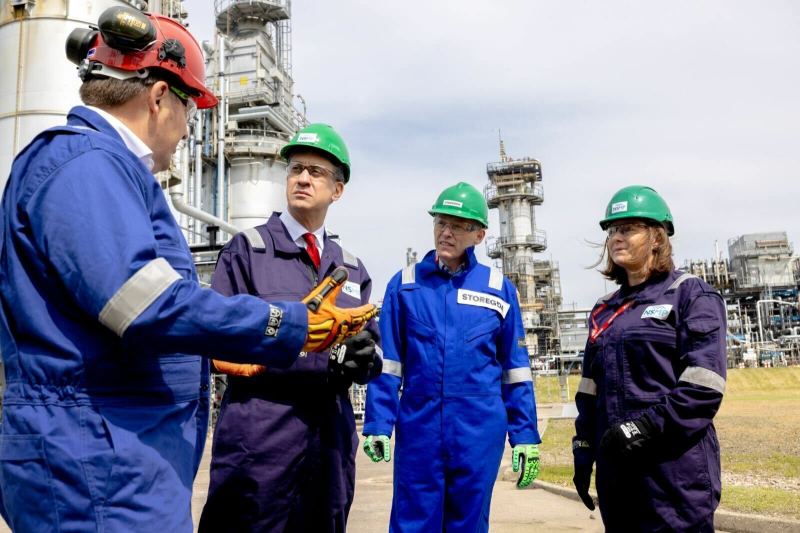
The UK government has announced a £200 million investment in the Acorn carbon capture and storage (CCS) project in St Fergus, Scotland, marking a major step forward in its strategy to reach net-zero greenhouse gas emissions by 2050. The investment, unveiled during a government spending review, reinforces the UK’s backing of carbon capture as a […]
DNV signals turning point for global CCS deployment

DNV’s newly released Energy Transition Outlook: CCS to 2050 highlights a pivotal shift in the global deployment of carbon capture and storage (CCS), forecasting that global investment in the sector will reach $80 billion within the next five years. The report reveals that CCS capture and storage capacity is expected to quadruple by 2030, driven […]
Sonardyne awarded contract for monitoring UK’s first offshore CCS site
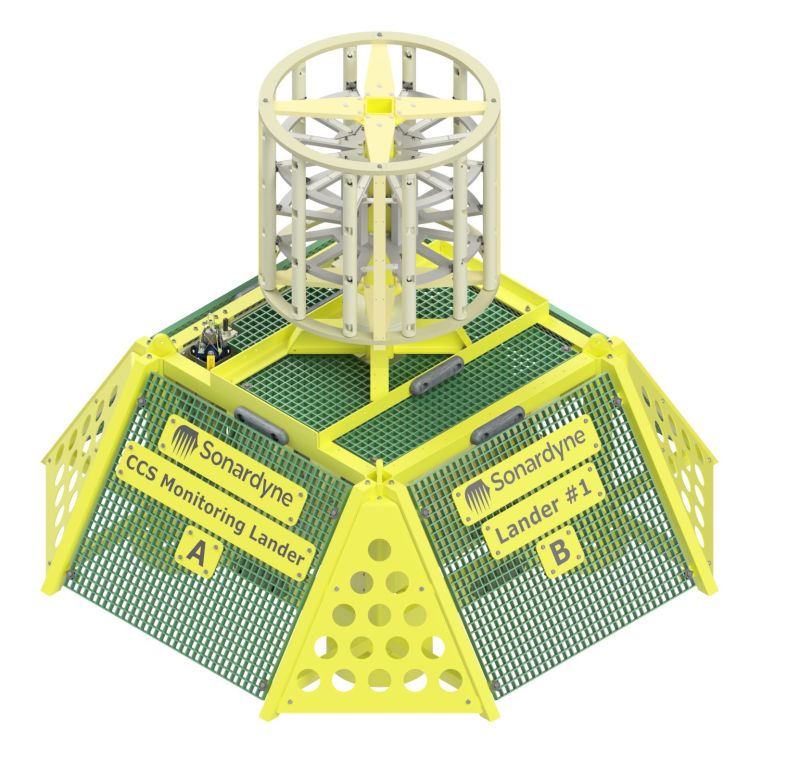
Sonardyne has been selected by the Northern Endurance Partnership (NEP) – a joint venture between bp, Equinor, and TotalEnergies – to deliver baseline environmental monitoring services for the UK’s first offshore carbon capture and storage site under the North Sea. The company will deploy seabed landers at key locations above and around the subsurface Endurance […]
World Environment Day: How carbon management is engineering environmental change

5 June marks World Environment Day, a global call to action to protect our planet. Led by the United Nations Environment Programme (UNEP) since 1973, this day has grown into the world’s largest platform for environmental awareness and collective action. In 2025, the theme is #BeatPlasticPollution – a powerful push to end plastic waste and […]
China starts operating its first offshore CCUS project

China has begun operating its first offshore carbon capture, utilisation and storage (CCUS) project at the Enping 15-1 oil platform, located approximately 200 kilometres southwest of Shenzhen, in the Pearl River Mouth Basin in the northern South China Sea. The project is operated by the China National Offshore Oil Corporation (CNOOC) and marks a significant […]
MIT’s nanotech innovation could cut carbon capture costs by at least 20%

Researchers at the Massachusetts Institute of Technology (MIT) have developed a novel nanofiltration membrane that could significantly reduce the cost of carbon capture and conversion processes. This innovative technology addresses a longstanding challenge in carbon capture systems: the trade-off between efficient CO2 capture and its subsequent release. Typically, compounds that capture CO2 effectively struggle to […]
Denmark shortlists 10 companies for CCS projects
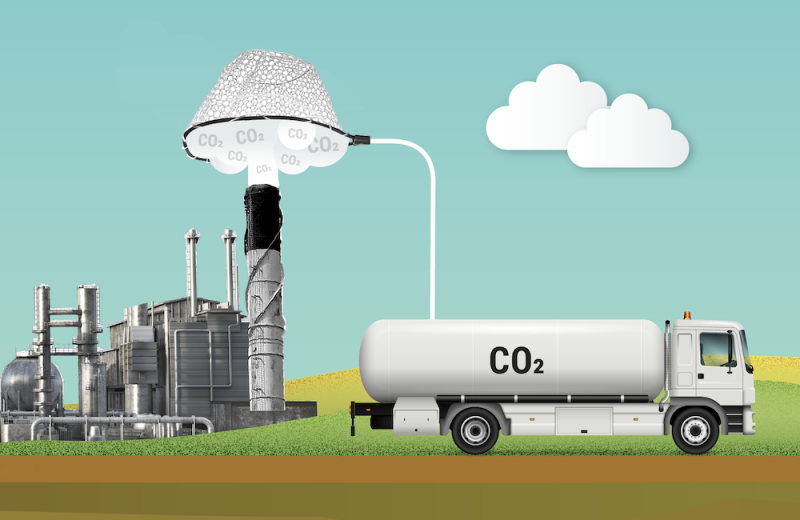
The Danish Energy Agency has selected 10 companies from a pool of 16 applicants to compete for $4.5 billion in funding for carbon capture and storage projects. The funding is expected to help reduce Denmark’s annual CO2 emissions by 2.3 million tonnes from 2030. The companies are: Affaidplus ARGO CCS E.ON Energist CaptureCo Fjernvarme Fyn […]
Key insights from IEA’s latest CCUS Projects Database

The International Energy Agency (IEA) has published an update on the global status of CCUS, highlighting the sector’s accelerating development and its increasingly central role in climate mitigation strategies. As of 30 April 2025, global CO2 capture capacity has exceeded 50 million metric tonnes per year. This marks a significant achievement for an industry that […]


